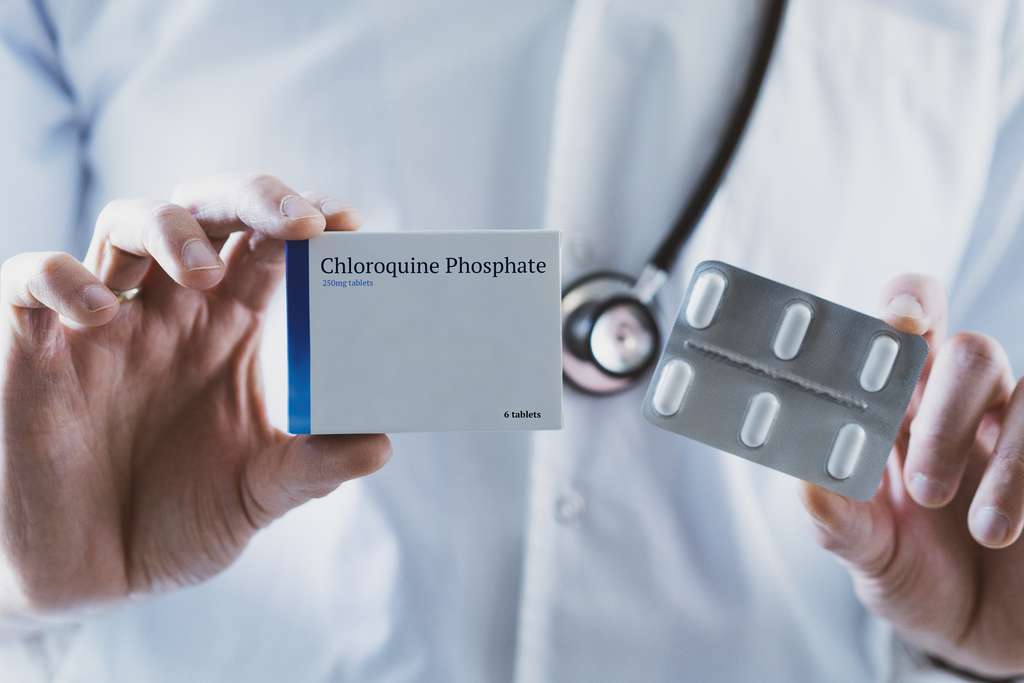Science hasn’t really said its last word about chloroquine under Covid-19. However, we choose not to talk about it until science settles the debate. We tell you why.
The approach, the scientific spirit will not emerge unscathed from all its adventures. They were the ones who were gleefully trampled on during this affair. They were widely preferred – in the media, among certain scientists, among a part of the population – balance, intuition, popularity. The scientific debate on this subject has become political. Impossible to discuss it calmly and with respect for the method. It is for all these reasons that we will not talk about this subject until science decides the question.
A textbook case
This case was a superb textbook case for presenting the medical sciences. It was useful to point the finger at the numerous methodological errors in Professor Raoult’s work and his hasty enthusiasm. Those who teach the scientific method and the critical mind have material for their practical exercises.
However, the debate quickly slipped into the political sphere with the anti-chloroquines on the one hand and the pro-chloroquines on the other. However, the scientific approach is neither pro nor anti. She values doubt, taking a step back and cares little about our desire for effectiveness towards a therapy (spoiler: everyone would like chloroquine to be effective): it is intended to decide the real, not to rock us with reassuring illusions.
Of course, these words may be those of an idealist. These are men and women who do science. It is therefore imperfect and to believe that it would be only unchanged objective facts is illusory. But I don’t want to get into technical epistemological considerations. Be serious. Science, with all its imperfections assumed in order to constantly evolve, is our best tool for knowing reality.
Besides the manipulations, the possible diversions for political or economic ends, if it is well done, it decides the real. She says what we cannot say without her on the description of our world. Now there is nothing more to say about chloroquine. We have collectively talked about poor studies and good studies , noted the bad arguments , the need for clinical trials , its media history and the harmful consequences of this craze. Whether here or with our colleagues from France Culture or Check News, to recite nobody else but them. We therefore need to stop maintaining this climate of sterile and anxiety-provoking opposition.
